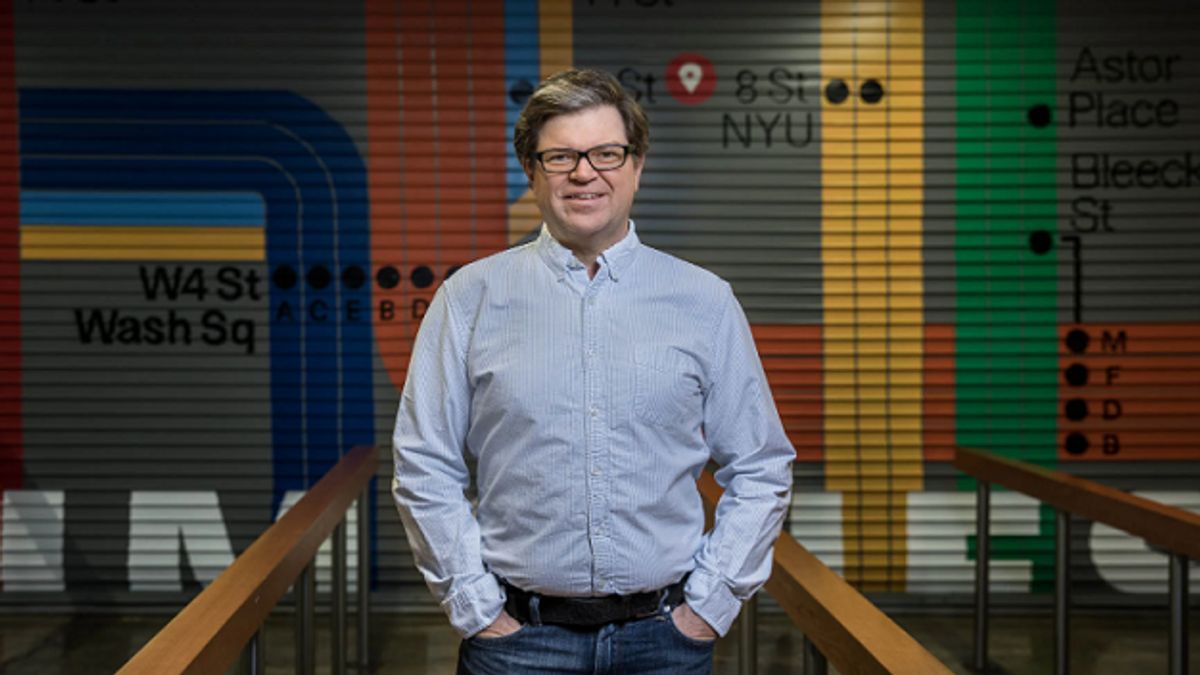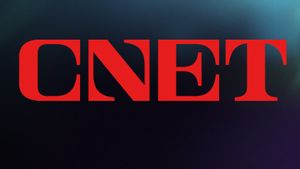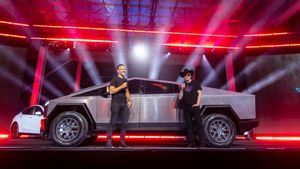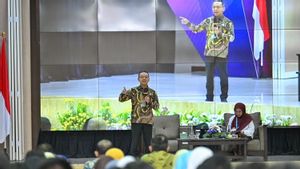JAKARTA - OpenAI's ChatGPT has recently become a hot topic of conversation because of its prowess. But AI Meta chief scientist Yann LeCun is not impressed with the Artificial Intelligence (AI) based chatbot.
According to LeCun, such data-driven AI systems or Big Language Models (LLMs) have been built in the past by many companies and research labs. To emphasize, the notion of OpenAI alone in its kind of work is inaccurate.
"In terms of the underlying technique, ChatGPT isn't very innovative. Nothing revolutionary, even though that's the public perception. It's just, you know, it's well put together, well done," said LeCun during an online discussion organized by Collective Forecast this week. then.
LeCun's response was unexpected, meanwhile, Meta has its own AI program and has made strong progress. For example, the company's translation AI can handle 200 languages, including some that are spoken but have no written form.
"OpenAI is absolutely not an advance compared to other labs. It's not just Google and Meta, but there are half a dozen startups that basically have very similar technology," said LeCun.
"I don't want to say it's not rocket science, but it's totally shared, there's no secret behind it, if you will," he added.
Not long ago in his tweet, LeCun demonstrated in colorful words where LLM doesn't admit to a lack of knowledge, instead hallucinating unknown details.
In an earlier tweet, LeCun agreed with a New York Times article that said Meta and Google were reluctant to release their rival solutions because of possible misinformation and toxic content.
This is a fair point as Meta is a social media giant that has come under scrutiny by both the government and the media, with accusations of spreading misinformation in the past. Given that it is relatively easy to convince most LLMs to bypass their security protocols and social filters, releasing LLM Meta too soon can be disastrous for the company.
Meta itself uses AI for advanced research and within its social media networks to detect misinformation, and Google has been building AI into its search engine for years.
But according to a report from the NYTimes, Google sees ChatGPT as a threat to its search business and has plans to prepare a competitor for the chatbot.
SEE ALSO:
The report claims Google's CEO, Sundar Pichai, has declared a "code red" and accelerated AI development. Google is claimed to be demonstrating its version of its search engine with a chatbot feature this year and unveiling more than 20 AI-powered projects, some of which will be launched at the I/O conference in May this year.
According to a visual document for an AI project that Google is working on, the company developed an image creation tool, an improved version of AI Test Kitchen (the app used to test prototypes), a TikTok-style green screen mode for YouTube and a tool that can generate videos to summarize other clips.
Also embedded is a feature titled Shopping Try-on, a wallpaper maker for Pixel phones, and available AI-based tools that can make it easier for developers to create Android apps.
Quoted from Digital Trends, Thursday, January 26, so does Microsoft, which is also expanding its billion-dollar partnership with OpenAI. The company has been a major investor since 2019.
Microsoft plans to use OpenAI's ChatGPT, Dall-E, and Codex AI technologies to enhance its product. OpenAI exclusively leverages Microsoft's Azure cloud computing network.
The English, Chinese, Japanese, Arabic, and French versions are automatically generated by the AI. So there may still be inaccuracies in translating, please always see Indonesian as our main language. (system supported by DigitalSiber.id)


















